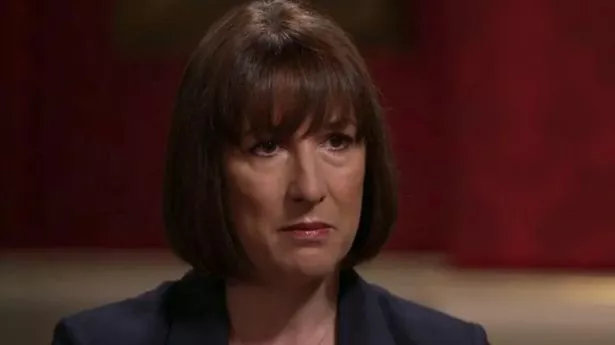Fuel Prices Surge: Drivers Face Record Monthly Increase
Drivers are angry over the huge price increase on petrol with some petrol stations in Grimsby, Skegness, Manchester, Leeds, Boston, Sheffield, Lincoln, Scunthorpe, and Morecombe, charging as much as £1.51.9 per litre.
In August, drivers across the country were hit with one of the largest monthly fuel price increases in over two decades. According to recent data, the average price of petrol reached a staggering £152.25p.
Diesel prices shot up by 8p, climbing to an average of 154.37p. These significant hikes added nearly £4 to the cost of filling up a tank, putting a strain on consumers’ wallets.
The surge in fuel prices can be attributed to several key factors. One of the primary causes is the production cuts enforced by OPEC+ nations. These cuts were aimed at bolstering the price of oil, resulting in a rapid rise in wholesale costs. The price of oil has surged by $12 per barrel in just two months, causing a ripple effect that has quickly reached the pumps.
Simon Williams, a spokesperson for the RAC, expressed his concern over the steep increases, describing them as “galling” and “a big shock to drivers.” He emphasized that the magnitude of these price hikes is unprecedented in recent history, ranking among the highest monthly jumps in 23 years for both petrol and diesel.
He said: ‘August was a big shock to drivers as they had grown used to seeing far lower prices than last summer’s record highs.
‘Seeing £4 or more go on to the cost of a tank in the space of just a few weeks from a pump price rise of 6-7p a litre is galling, particularly for those who drive lots of miles or run an older, less fuel-efficient car.’
The repercussions of these soaring fuel prices extend beyond the immediate impact on drivers’ pockets. The sharp rise poses a setback for efforts to control inflation, as rising fuel costs typically contribute to increased inflation rates. This is because higher fuel prices directly affect the transportation costs of goods, resulting in higher prices for consumers.
The current surge in fuel prices is particularly concerning in light of the ongoing economic recovery. As businesses strive to bounce back from the challenges posed by the pandemic, the additional financial burden of increased fuel costs puts further pressure on their operations. Small businesses, in particular, may find it increasingly difficult to maintain their profitability amid these rising expenses.
Given the current circumstances, drivers may need to explore strategies to mitigate the impact of rising fuel prices. Here are some tips to consider:
- Adopt Fuel-Efficient Driving Practices: By implementing habits such as smooth acceleration and reducing unnecessary idling, drivers can maximize their fuel efficiency and reduce overall consumption.
- Compare Fuel Prices: Utilize online resources and mobile applications to compare fuel prices in your area. This allows you to find the most affordable options and potentially save on each fill-up.
- Consider Alternative Transportation: Exploring alternative modes of transportation, such as carpooling, public transit, or cycling, can help reduce dependence on personal vehicles and lower fuel expenses.
- Plan Efficient Routes: Planning your journeys in advance and choosing the most efficient routes can minimize mileage and consequently reduce fuel consumption.
- Vehicle Maintenance: Keeping your vehicle properly maintained, including regular oil changes, tire checks, and air filter replacements, can optimize fuel efficiency and prevent unnecessary fuel wastage.


